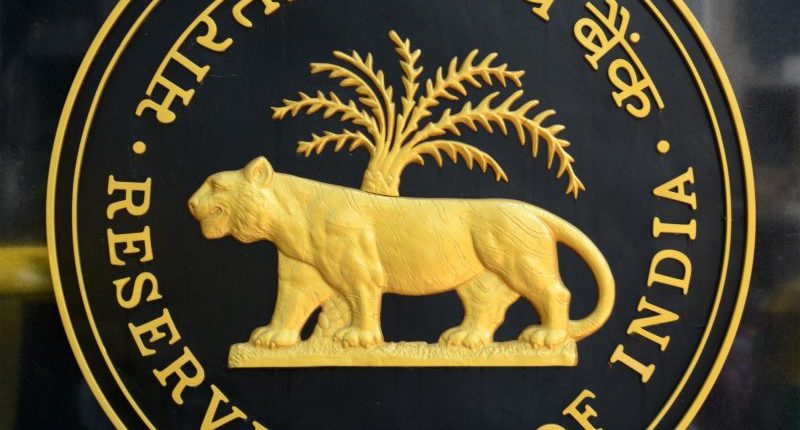The Reserve Bank of India announced various measures to enhance forex inflow to support the falling Rupee.
The measures include permitting banks to raise fresh FCNR(B) and NRE deposits without reference to the current regulations on interest rates. It also included letting FPI in short-term corporate debt and allowing the purchase of more government securities under the fully accessible route. Below are the measures undertaken by the RBI.
- Interest rates on Non-Resident External (NRE) and Foreign Currency Non-Resident Bank [FCNR(B)] deposits
RBI has temporarily allowed banks to raise fresh NRE deposits and FCNR(B) deposits in reference to the existing regulations on interest rates, with effect from 7th July 2022. This relaxation will be available till 31st October 2022. At present, the interest rates ceiling on [FCNR(B)] deposits with 1-3 years maturity are overnight Alternative Reference Rate (ARR) for the respective currency/swap plus 250 basis points, and the ceiling on deposits with 3-5 years maturity are overnight ARR plus 350 basis points. Also currently, in the case of NRE deposits, banks cannot offer interest rates higher than those offered on comparable domestic rupee term deposits.
- FPI investments in government securities and corporate debt
The central bank said FPI can invest in corporate debt and government securities till 31st October 2022, with an original maturity of up to one year. At present, not more than 30 per cent of investments in corporate bonds and government securities can have a residual maturity of less than a year. These FPI will not be considered for the short-term limit of one year till the maturity or sale of such investments.
- External Commercial Borrowings (ECB)
RBI has decided to raise the limit under the automatic route for External Commercial Borrowing (ECB) to $ 1.5 billion or its equivalent per financial year from $ 750 million. The all-in-cost ceiling is also being raised by 100 basis points under the ECB framework. It is subject to the borrower being of investment-grade rating.
- The lending of Foreign Currency by Authorised Dealer Category I (AD Cat-I) Banks
It is decided that AD CAT-I banks can utilise Overseas Foreign Currency Borrowings (OFCBs) to lend foreign currency to entities requiring it for a wider set of end-use purposes. It is subject to the negative list set out for external commercial borrowings (ECBs). It is expected to facilitate foreign currency borrowing by a larger set of borrowers who may find it difficult to access overseas markets directly.
- Exemption from Statutory Liquidity Ratio (SLR) and Cash Reserve (CRR) on Incremental FCNR(B) and NRE Term Deposits
Currently, banks are required to include all [FCNR(B)] and NRE deposit liabilities for computation of Net Demand and Time Liabilities (NDTL) for maintenance of CRR and SLR. RBI announces that with effect from the reporting fortnight beginning 30th July 2022, CRR and SLR can be maintained without including the FCNR(B) and NRE deposits. The base date for referencing the incremental deposits is 1st July 2022. This relaxation will be available for deposits made up to 4th November 2022. For the computation of NDTL, transfers from Non-Resident Ordinary (NRO) accounts to NRE accounts shall not qualify for the relaxation.
The moves came after the central government raised import duties on gold and increased export tax on petrol and diesel to control the current account gap.
For any clarifications/feedback on the topic, please contact the writer at namita.shah@clear.in

I’m a chartered accountant and a functional CA writer by profession. Reading and travelling in free time enhances my creativity in work. I enjoy exploring my creative side, and so I keep myself engaged in learning new skills.





